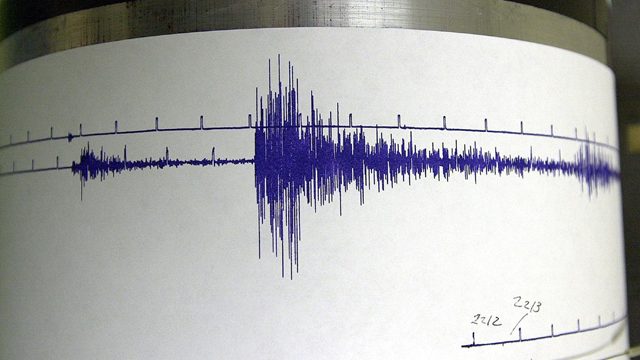The BART Board of Directors is mulling over options to replace or modify the existing fare gates throughout the system in order to stop people from stealing rides.
At its meeting in Oakland on Thursday, the board was presented with three options for buying and installing new gates and one for building modifications into the existing gates.
The board asked for gate options that would stop fare evaders, who cost the transit agency up to $25 million a year in lost revenue, according to BART officials.
Two possible modifications would add additional retractable arms in order to increase the height of the barriers and would cost somewhere between $15 million to $25 million to implement, BART officials said.
Those options, along with additional modifications currently being implemented at many stations that make it more difficult for people to force the gates open, are planned as part of a pilot program at the Fruitvale and Richmond stations.
One of the replacement gate options would incorporate tall swinging gates, much like those used by San Francisco Municipal Transportation Agency. Another option would use similar gates that slide open and close rather than swing.
Both of those solutions would cost anywhere between $115 million to $135 million to implement, according to the report presented to the BART board.
A third gate-replacement idea is to use floor-to-ceiling "iron maiden" style turnstiles, like those used in the New York City subway system.
That option, which would cost about as much as to install as the other replacement gates, is supported by BART Director Debora Allen, who said she's been pushing to get the board to consider such a move for more than two years.
"I don't see fixing these old fare gates," Allen said. "Let's just go to the thing that gives us the most protection and keeps people from evading fares."
Allen said she is in favor of the modifications currently being done to the gates and wants that process accelerated, but called it an "interim measure" to stop fare evaders until new gates can be installed in maybe five to seven years.
Local
"Let's just go straight to it, because things aren't getting any better," Allen said.
A few of her fellow directors, however, expressed concerns over the number of people who could move through the turnstiles in good time, the turnstiles' ability to accommodate disabled passengers and its overall appearance.
The turnstiles are "foolproof" in terms of stopping gate jumpers, but could be dangerous in the event of a mass evacuation, Director John McPartland said.
"It reminds me more of a jail than anything else," McPartland said.
The directors didn't vote on the options, but BART staff will evaluate the modified-gate pilot program and then bring it back to the board for a decision at some point in the future.



